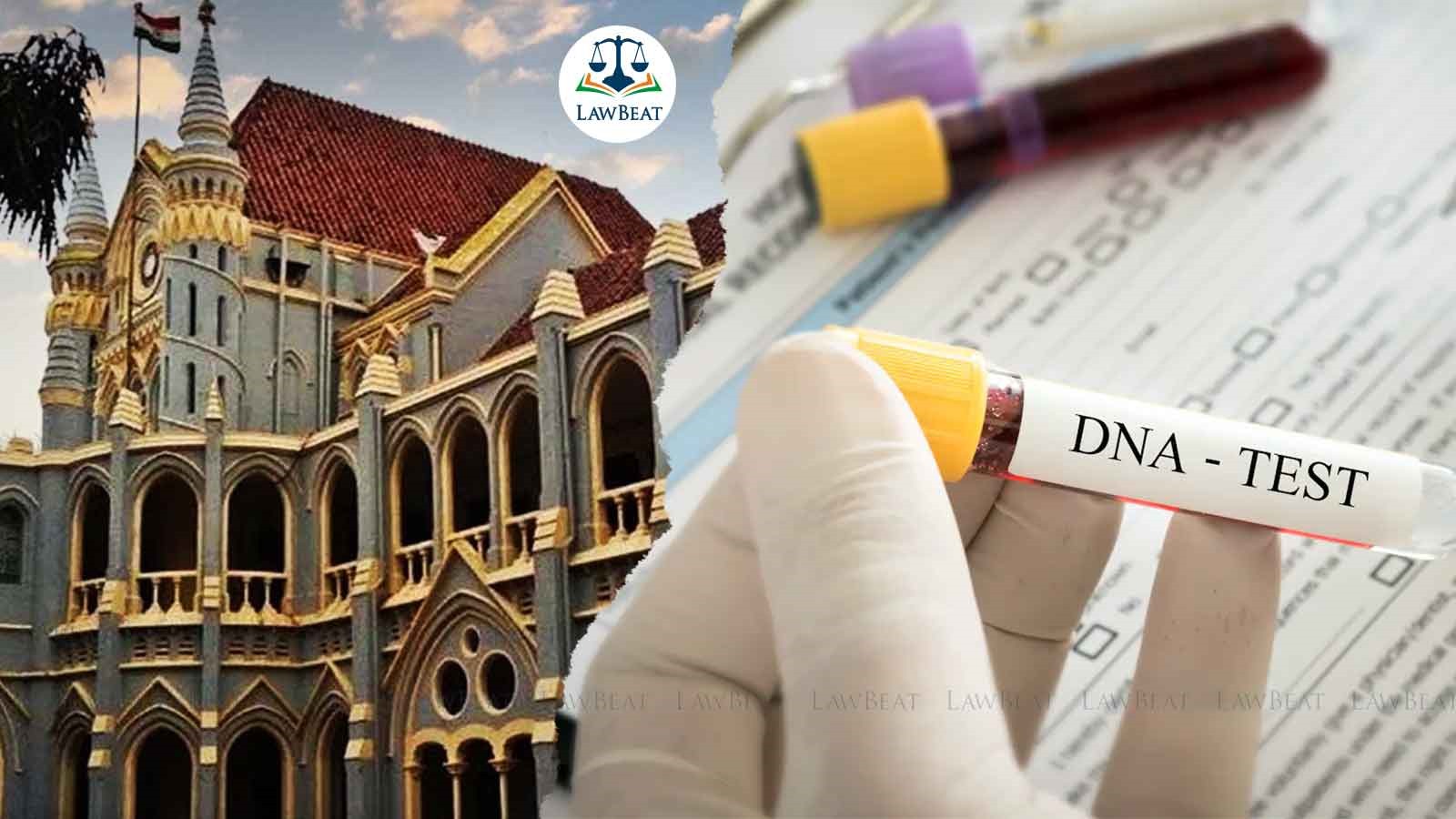DNA Test Ordered In Exceptional Circumstances: Madhya Pradesh HC Orders Man Denying Paternity to Maintain Children

The court underscored that DNA examination also infringes the right to privacy and hence cannot be ordered routinely
The Madhya Pradesh High Court at Jabalpur has upheld the principle that DNA tests should be permitted only in rare and exceptional cases and should not be ordered in a routine manner. This decision came as the court dismissed a petition, wherein a man sought a DNA test challenging his paternity to avoid maintenance obligations towards his alleged children.
Justice Gurpal Singh Ahluwalia, presiding over the court, observed that “DNA test must be issued in exceptional circumstances because it also violates the right of privacy. If the petitioner is of the view that he never had any access after the marriage, then he can prove the same by leading evidence.”
The case revolved around an application filed by the mother (respondent), who was married to Hiramani Shukal (petitioner), under Section 125 of the Code of Criminal Procedure (Cr.P.C), seeking maintenance for her children. The petitioner contested this application by filing a request for DNA testing of the children. He argued that he had never cohabited with the respondent after their marriage and, therefore, could not be the father.
The Principal Judge of the Family Court in Sidhi had previously rejected Shukal's request for a DNA test, citing Section 112 of the Evidence Act. This section addresses the presumption of legitimacy for a child born (a) during a valid marriage, or (b) within 280 days after the marriage has ended, provided the mother has not remarried during that period. In such cases, the husband is presumed to be the father unless he can prove "non-access" during the relevant time. The term "conclusive" in this section indicates that no other arguments or evidence, apart from non-access, can be used by the husband to challenge paternity.
The counsel for the petitioner, however, argued that the presumption laid down under Section 112, could be rebutted through DNA evidence and the application was moved for the very reason.
The court stated that the trial court had not erred in rejecting the application for a DNA test. It emphasised that if the petitioner believed he had no marital access to the respondent, he could present evidence to support his claim without resorting to a DNA test. The court upheld the ruling of the trial court holding the petitioner accountable for the maintenance of the children born out of the wedlock between him and the respondent.
Conclusively, the court ruled against permitting a DNA examination noting that “the petition fails and is hereby dismissed.”
Cause Title: HIRAMANI SHUKAL Vs SMT. BATASIYA SHUKLA [MISC. PETITION No. 3304 of 2024]
